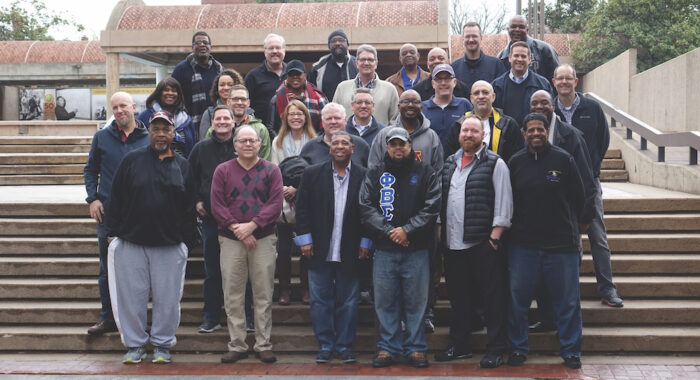Jesus was never flustered or forced by circumstances. While his disciples panicked during a furious squall, Jesus was sleeping in the stern of the boat (Mark 4:35–41). When Pilate threatened Jesus with crucifixion, our Lord replied assuredly, “You would have no power over me if it were not given to you from above” (John 19:11).
Jesus was never compelled by circumstances, but he was compelled by his mission. He knew that the Son of Man “must be lifted up” (John 3:14) and that he “must bring in” the other sheep not of the fold (John 10:16). This same verb “must” is translated as “had to” in the introduction of Jesus’ encounter with the Samaritan woman at the well: “[Jesus] left Judea and went back once more to Galilee. Now he had to go through Samaria. So, he came to a town in Samaria called Sychar” (John 4:3–5).
Why did Jesus feel compelled to pass through Samaria? This route was not a geographical necessity. There were many roads between Judea and Galilee, and others had more favorable terrain than the one through Sychar. Moreover, because of the deep animosity between Jews and Samaritans at that time, it would be compelling to put into your GPS, “avoid Samaria,” to find a theologically and socially acceptable route.
However, Jesus was on a mission. His visit to this well was not an accident, not a matter of convenience, not a detour. It was precisely on point. He was compelled to meet a Samaritan woman with a suspect background. Jesus intentionally and inconveniently crossed some of the most stubborn historical, social and theological boundaries to offer “a spring of water welling up to eternal life” (4:14).
To follow Jesus means busting boundaries and building bridges as we become the people of God. There are many routes to developing a multicultural church. And there are many reasons why we instinctually want to “avoid paying tolls” in our churches. Our context — historical, cultural, geographical — open some avenues more readily to us and make other paths more challenging. But the multicultural reconciliation between God and humanity, and between peoples has always been God’s mission.
Walter Kim became the president of the National Association of Evangelicals in January 2020. He previously served as a pastor at Boston’s historic Park Street Church and at churches in Vancouver, Canada and Charlottesville, Virginia, as well as a campus chaplain at Yale University. He preaches, writes and engages in collaborative leadership to connect the Bible to the intellectual and cultural issues of the day. He regularly teaches in conferences and classrooms; addresses faith concerns with elected officials and public institutions; and provides theological and cultural commentary to leading news outlets. He serves on the boards of Christianity Today and World Relief and consults with a wide range of organizations. Kim received his Ph.D. from Harvard University in Near Eastern Languages and Civilizations, his M.Div. from Regent College in Vancouver, and his B.A. from Northwestern University.




 View All Articles
View All Articles 





























